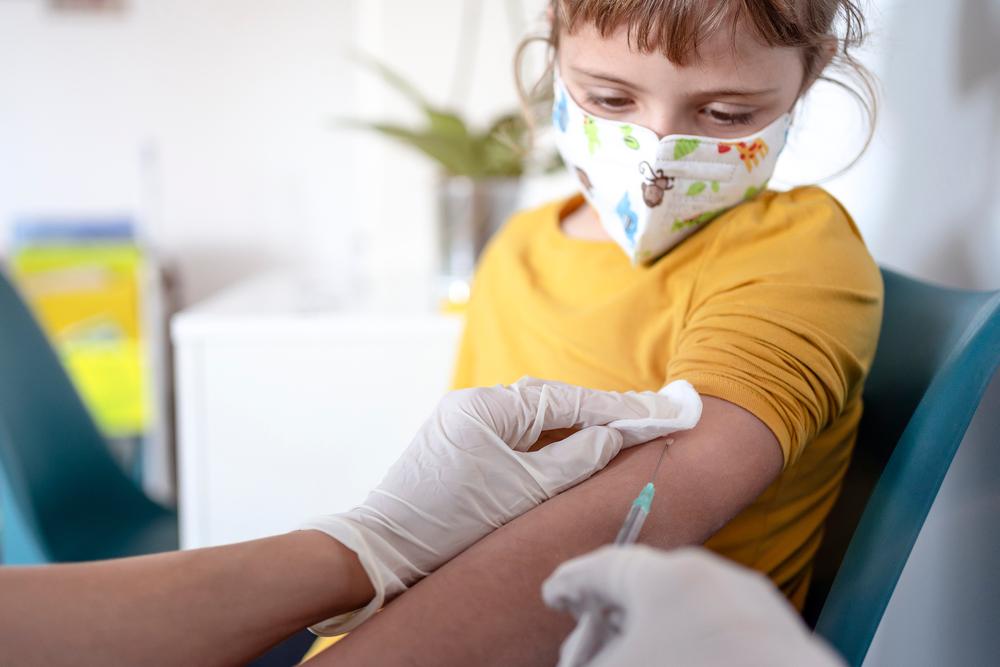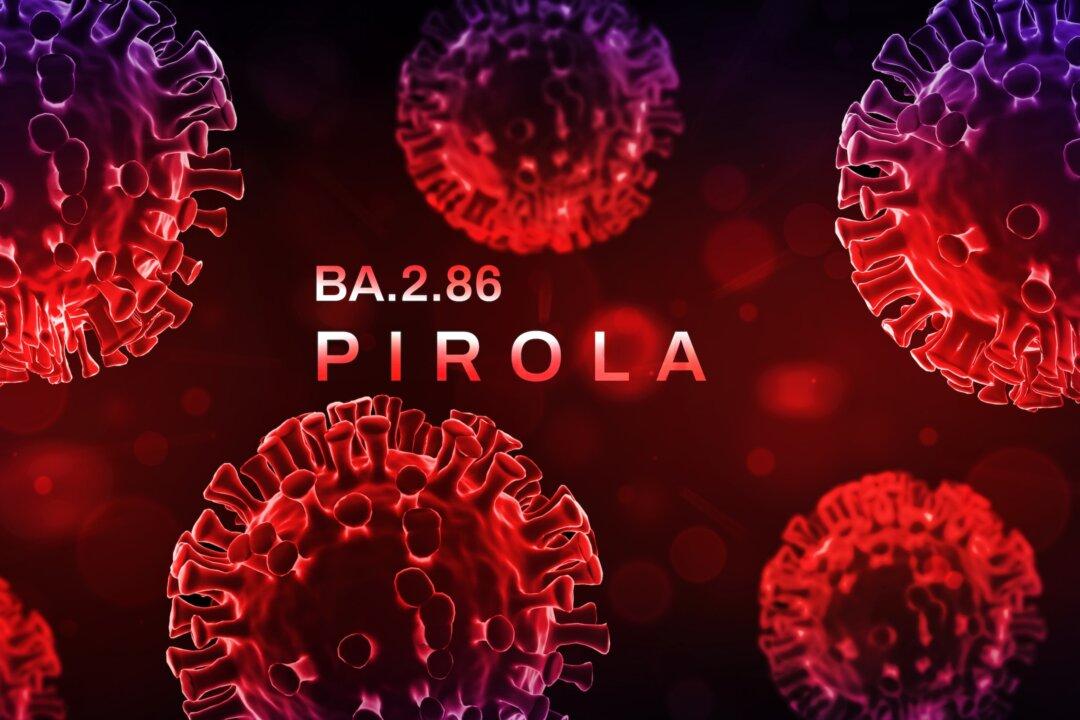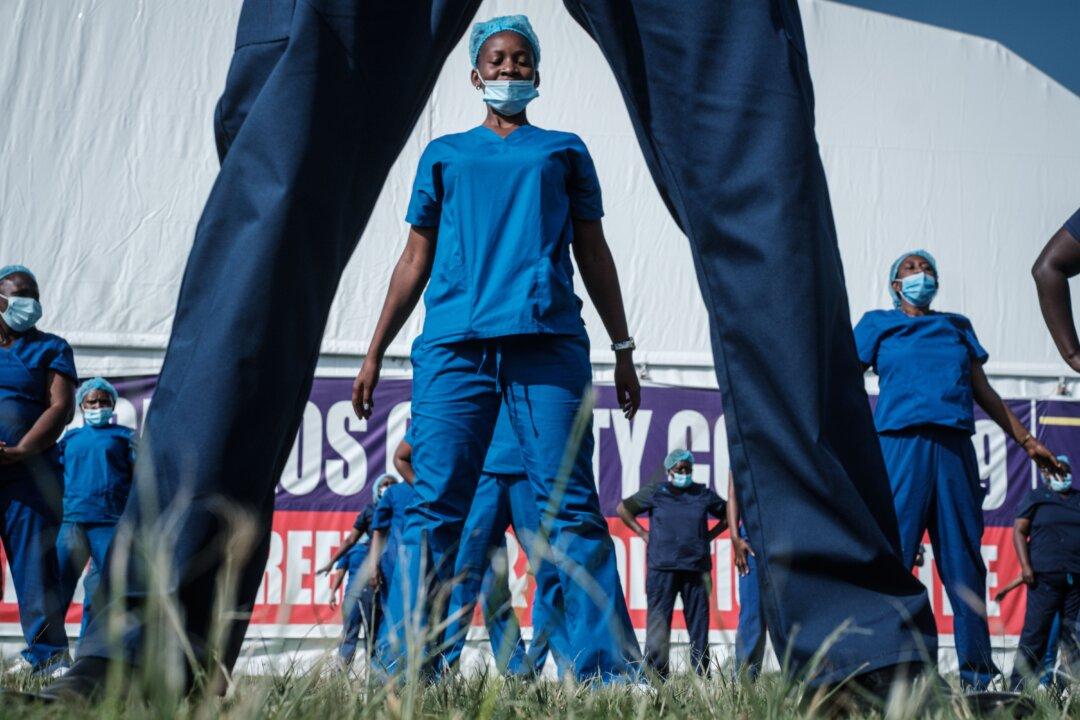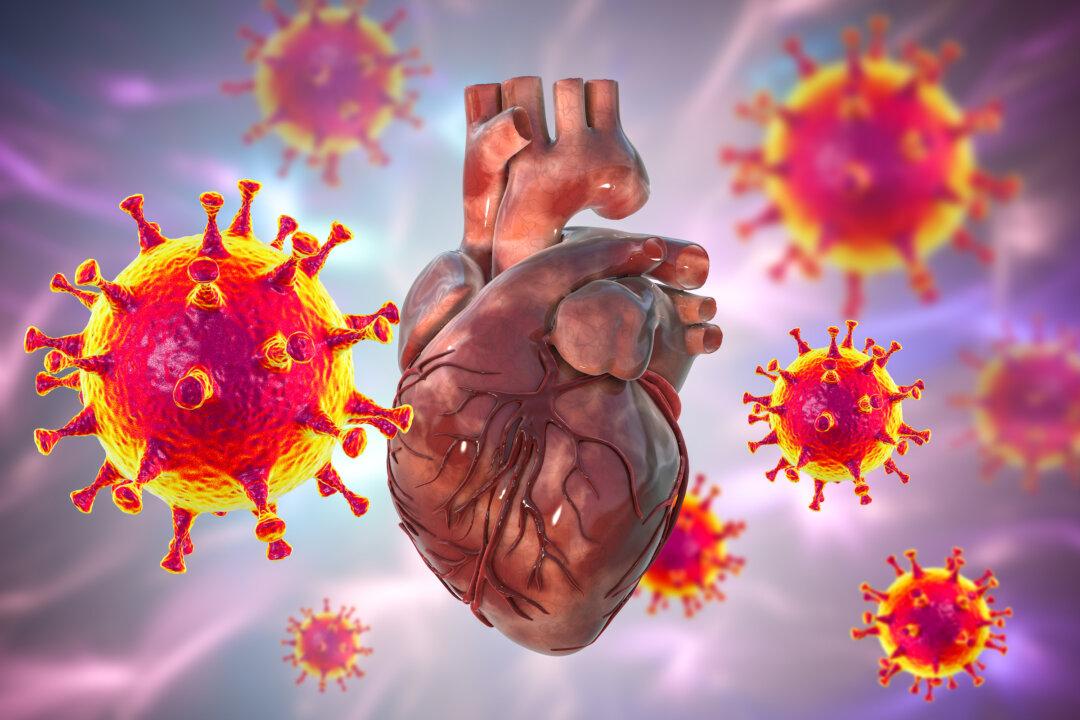Reprinted from Liberty Counsel
FDA Approves Pfizer Booster COVID Shot for Children
WASHINGTON, D.C.—Today, the U.S. Food and Drug Administration (FDA) amended the emergency use authorization (EUA) and authorized a booster dose of the Pfizer-BioNTech COVID-19 shot for children 5 through 11 years of age. The booster shot is 10 micrograms, which is the same dosage for this age group in their primary series and a third of that given to people aged 12 and older.The decision will now go to the Centers for Disease Control and Prevention (CDC) for approval.






